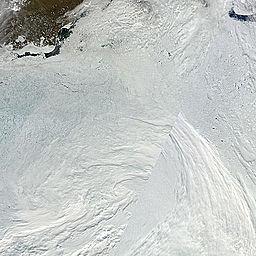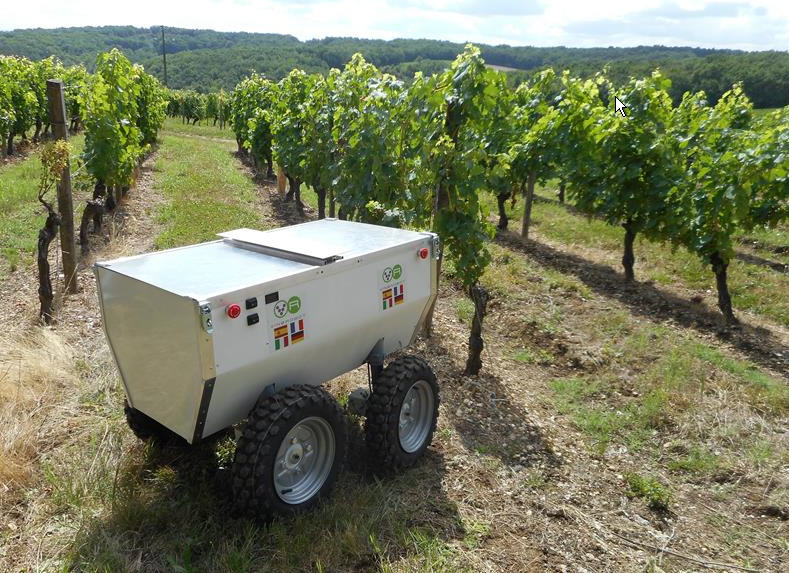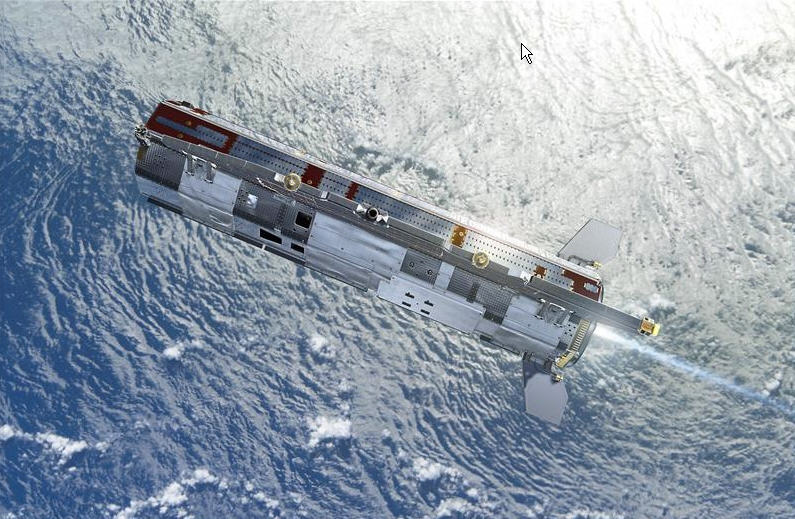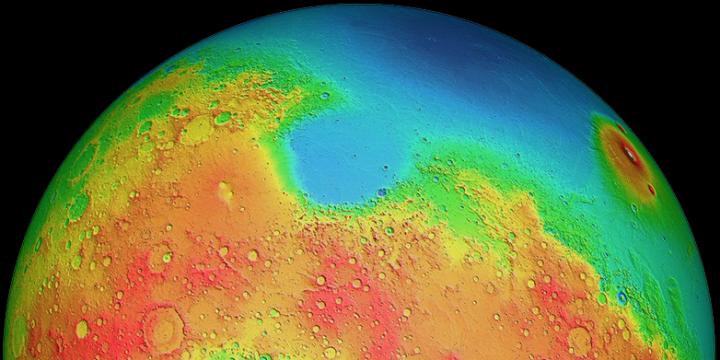Arctic sea ice extent plunged 2001 to 2007 but then rebounded between 2007 and 2013. Warming world or not, periods of no change - and rapid change - at the world's northern reaches are the new normal. And perhaps the old normal as well.
Natural ups and downs of temperature, wind and other factors mean that even as sea ice slowly melts, random weather can mask or enhance the long-term trend. For example, even in a warming world, there's still a one-in-three chance that any seven-year period would see no sea ice loss, such as in 2007-2013, a new analysis shows. And the chaotic nature of weather can also occasionally produce sea ice loss as rapid as that seen in 2001-2007, even though the long-term trend is slower.
A European consortium is developing an unmanned robot equipped with non-invasive advanced sensors and artificial intelligence systems which will help manage vineyards.
The robot will be able to provide reliable, fast and objective information on the state of the vineyards to growers, such as vegetative development, water status, production and grape composition.
VineRobot, whose partners met recently at the Universitat Politècnica de València (UPV), is led by the Universidad de La Rioja. Completing the consortium are the Spanish company Avanzare, the French FORCE-A and Wall-YE, and the Italian Sivis, together with Les Vignerons de Buzet, a wine cellar cooperative near Bordeaux; and the Hochschule Geisenheim University in Germany.
Can big data analytics predict population-level societal events such as civil unrest or disease outbreaks?
That is the subject of a two-year analysis of the
Early Model Based Event Recognition using Surrogates (EMBERS)
system. The usefulness of this predictive artificial intelligence system for population-level events could be important. If existing models, which successfully predict the past, were good enough no one would ever lose money in the stock market.
 GOCE gravity satellite. ESA
GOCE gravity satellite. ESAWe might like to think of the earth as fixed and unmoving but that is not the case. Things are always shifting, even if we may not have noticed in the past.
More than 2 million years of life have been saved by solid-organ transplants since 1987, according to a new report in JAMA Surgery.
The two hemispheres of Mars are dramatically different - more distinct from each other than any other planet in our solar system.
The northern hemisphere is non-volcanic, flat lowlands while highlands punctuated by countless volcanoes extend across the southern hemisphere. Although theories and assumptions about the origin of this so-called and often-discussed Mars dichotomy abound, there are very few definitive answers.
 What Next For Messenger RNA (mRNA)? Maybe Inhalable Vaccines
What Next For Messenger RNA (mRNA)? Maybe Inhalable Vaccines Toward A Single Dose Smallpox And Mpox Vaccine With No Side Effects
Toward A Single Dose Smallpox And Mpox Vaccine With No Side Effects ChatGPT Is Cheaper In Medicine And Does Better Diagnoses Even Than Doctors Using ChatGPT
ChatGPT Is Cheaper In Medicine And Does Better Diagnoses Even Than Doctors Using ChatGPT Even After Getting Cancer, Quitting Cigarettes Leads To Greater Longevity
Even After Getting Cancer, Quitting Cigarettes Leads To Greater Longevity









